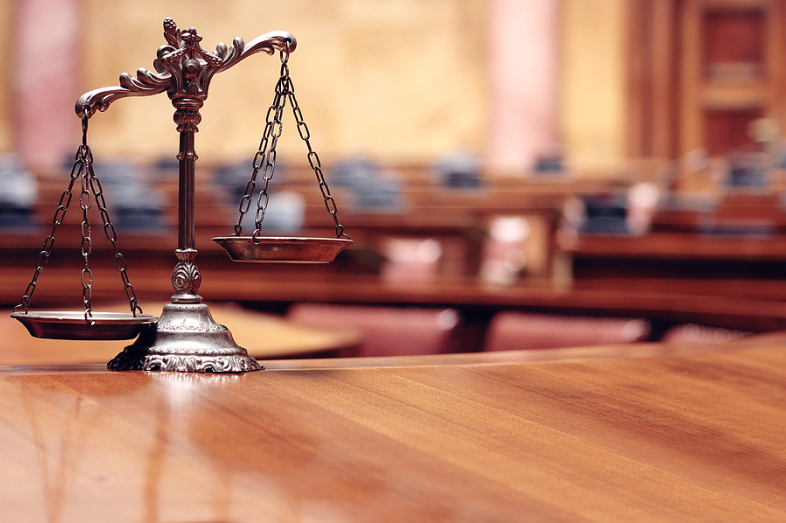
Title IX
Photo credit: vladek/Bigstock

Photo credit: vladek/Bigstock
Sex is one of the most difficult topics that journalists cover. Make the topic allegations of sexual misconduct or assault involving students at a school, and the emotions — and risks — become especially intense.
So journalists covering Title IX — the federal law that bans discrimination based on sex in education programs — should be especially careful.
The Title IX law itself seems brief and unremarkable: “No person in the United States shall, on the basis of sex, be excluded from participation in, be denied the benefits of, or be subjected to discrimination under any education program or activity receiving Federal financial assistance.”
But that simple language has sparked white-hot controversies involving everything from school athletic programs to treatment of pregnant and and transgender students, and, especially noteworthy, sexual harassment and assault allegations.
Among the important minefields journalists covering these issues need to navigate:
To help journalists cover these important but difficult stories, EWA has gathered a curated list of reporting tips, key coverage and other resources.
Updated June 2021
Your post will be on the website shortly.
We will get back to you shortly